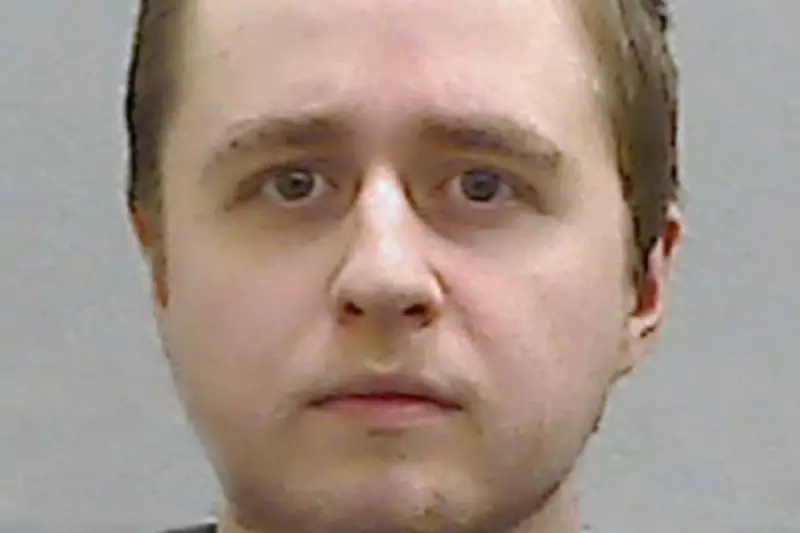
Systemic Failures in Online Child Protection Revealed
A damning Police Ombudsman investigation has concluded that Police Service of Northern Ireland (PSNI) cybercrime units did not have the capacity or capability to effectively manage the risk posed by prolific online predator Alexander McCartney, whose actions contributed to the death of an American teenager.
McCartney, from Newry in Co Down, was sentenced in October 2024 to a minimum of 20 years in prison for offences including unlawful act manslaughter, inciting children to engage in sexual activity, and making and possessing indecent images of children.
Timeline of Missed Opportunities
The investigation revealed critical delays in the police response to McCartney's offending. He was first arrested in February 2016 when indecent images of children were found on his mobile phone, but delays in producing evidential reports about approximately 1,100 indecent images meant he wasn't interviewed about them until May 2018.
Tragically, Cimarron Thomas from West Virginia took her own life in 2018, just five days before this scheduled interview, following online contact with McCartney. Her father, Benjamin Jay Thomas, also died by suicide in January 2020.
During the more than two years between McCartney's initial arrest and his follow-up interview, he continued his abusive online communications with at least seven other children while on police bail.
Chronic Under-Resourcing Blamed
Ombudsman chief executive Hugh Hume stated that when devices were first seized from McCartney in 2016, the investigating officer was part of a team with only five officers against a complement of 14. This severe under-staffing resulted in delayed investigations and missed opportunities to identify other offenders and protect children.
The report highlighted that the PSNI's Cybercrime Centre, staffed by around 60 officers, accepted applications for examining 935 computers and 284 mobile phones in 2018 alone. However, insufficient investment meant investigative delays persisted.
Mr Hume noted: "The PSNI's Cybercrime Centre used a prioritisation process in which terrorism and serious crime offences received priority, negatively and disproportionately impacting on the examination of devices being submitted by the Child Internet Protection Team."
He emphasised that McCartney's targeting of young girls represents violence against women and girls in the digital space and should carry equal weight in prioritisation of digital forensic examinations.
Multiple Arrests and Ongoing Offending
McCartney was arrested a second time in March 2018 after the National Centre for Missing and Exploited Children alerted PSNI that he had tricked a Lancashire girl into sending an indecent image then threatened to post it online.
Despite further device seizures, evidential reports were severely delayed. A report on one mobile phone wasn't completed until April 2019, over a year after seizure. A laptop containing indecent images and evidence of contact with a 13-year-old girl in Florida took almost two years for full examination.
The PSNI said it "fully accepts" the findings and had self-referred the case to highlight "the consequences that can arise when resources do not match demand". Assistant Chief Constable Davy Beck stated: "We have listened, we have learned and we are acting. Improvements have already been made to ensure that those who exploit and abuse children online are identified more swiftly."
The Ombudsman concluded that no individual officer committed misconduct, identifying instead systemic resource pressures and capacity constraints within specialist teams as the root cause of the failures.





